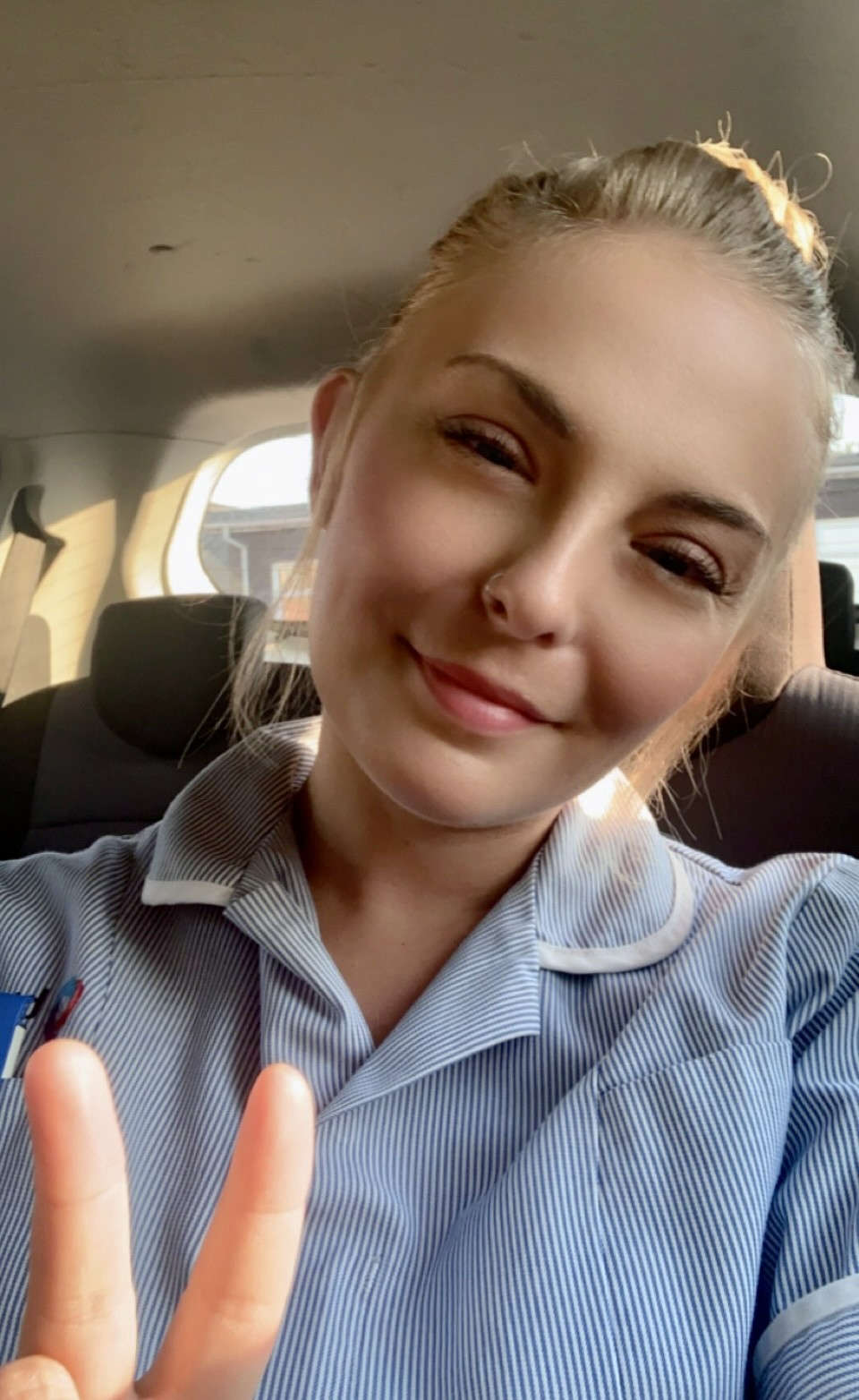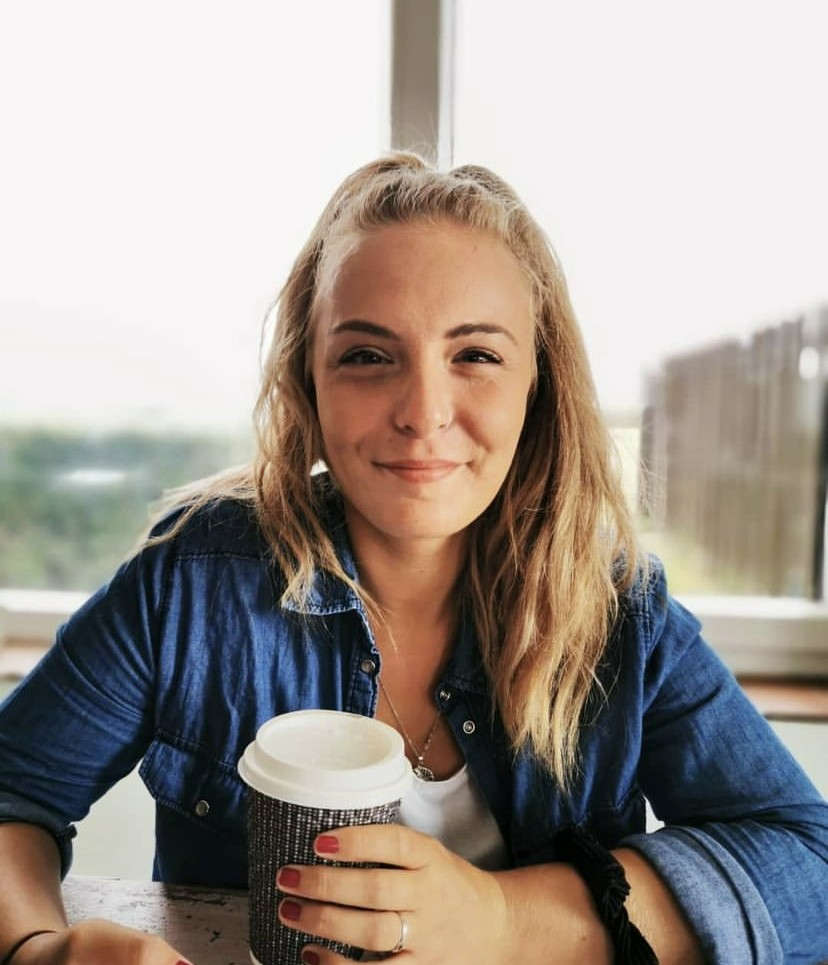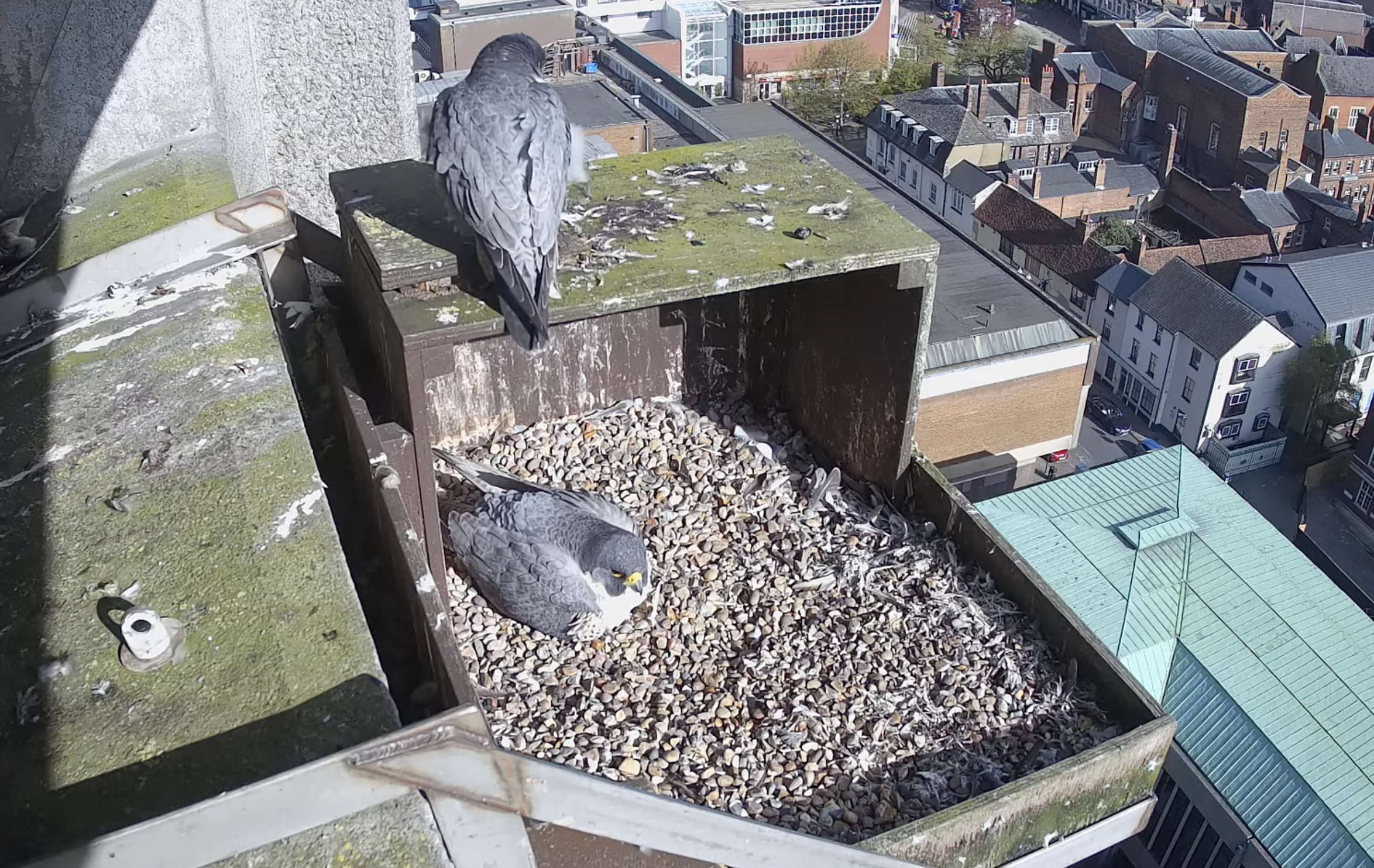
A coroner has written to Buckinghamshire Healthcare NHS Trust warning it must not forget lessons learned from the death of 28-year-old Zoe Bell.
Zoe died on Christmas Eve 2022 after spending more than 12 hours in the A&E department.
A senior coroner has issued raised serious concerns with Stoke Mandeville Hospital, about the impact on patient care if promised improvements to emergency services are not fully implemented. The statement follows the inquest into the tragic death of 28-year-old student nurse Zoe Bell, who died just 20 hours after arriving at the hospital where she worked.
Senior Coroner for Buckinghamshire, Crispin Giles Butler, identified failings in the hospital’s response to Zoe’s deteriorating condition and stressed that unless commitments around scan procurement, clinical decision-making, and record keeping are followed through, more lives could be at risk.


photos of Zoe owned and provided by her family
Zoe Bell, from High Wycombe, arrived at Stoke Mandeville Hospital with flu-like symptoms on December 23, 2022. Despite spending over 12 hours in A&E awaiting a full clinical assessment, her condition significantly worsened before she was eventually moved to intensive care. Zoe died during emergency surgery on Christmas Eve.
At the conclusion of the inquest, Coroner Butler determined that Zoe died from a combination of influenza, Staphylococcal Aureus Septicaemia secreting the PVL toxin, bronchial pneumonia, and acute lung injury — conditions deemed untreatable within the timescale from her arrival.
In a letter addressed to the Chief Executive of Buckinghamshire Healthcare NHS Trust, Butler acknowledged the Trust’s post-incident review and efforts to improve. However, he emphasized the need for concrete actions, particularly around timely clinical decisions, prompt imaging, and thorough documentation. He warned that without these, future patient care could be severely compromised.
Zoe’s father, Nick Bell, responded to the coroner’s letter with a heartfelt tribute and a call for systemic change:
“Zoe had a bright future ahead of her. As a student nurse in her final year, she was excelling in her studies and passionate about caring for others… It is difficult to accept that an otherwise healthy 28-year-old can go to A&E with a viral infection and pass away within 20 hours.”
Mr. Bell also pointed to systemic failings in the early hours of Zoe’s care, stating that signs of sepsis were missed and that there was a “severe lack of observations.” He urged for greater awareness among medics of how serious illness can be masked in otherwise healthy young individuals, and stressed the importance of listening to patient and family concerns.
The family also highlighted the critical delay in Zoe’s x-ray being reviewed — a 12-hour gap that, they say, contributed to the missed opportunity for earlier sepsis diagnosis.
Their lawyer, Megan George of Leigh Day, reinforced the family’s plea:
“Whilst we welcome the proposed changes, we concur with the Senior Coroner’s warning — if these are not implemented, there is a risk to the safety of future patients. We urge the Trust to ensure these lessons are embedded in Zoe’s memory.”
The inquest has cast a spotlight on emergency care procedures at Stoke Mandeville and sparked a wider conversation about patient safety in A&E departments across the country.
The Bell family now hopes Zoe’s story will not only raise awareness but also serve as a catalyst for national change in emergency care practices.
“Zoe was a beautiful and delicate young woman… Her absence leaves a hole in our lives that can never be filled. But we know Zoe’s legacy will live on in those lives she touched.”
Andrew McLaren, Chief Medical Officer of Buckinghamshire Healthcare NHS Trust, said:
“On behalf of the Trust I would like to express my heartfelt personal condolences to Zoe’s family, friends, and colleagues for their tragic loss.
The Trust is grateful for the detailed investigation conducted by the Coroner which has identified a number of learning points, which the Trust has taken on board and has been addressing. It is noted that the Coroner concluded that, sadly, there was not an opportunity to provide any care following Zoe’s admission to hospital which would have avoided her decline, and she died of natural causes from a rare combination of infections.
Improvements to our Emergency Care pathways have included increasing staffing, extending the hours of the Urgent Treatment Centre and last year we opened an additional medical ward.”



 The Clare Foundation invites Buckinghamshire charities to apply for Angels' Den 2025
The Clare Foundation invites Buckinghamshire charities to apply for Angels' Den 2025
 Local Resident is Awarded an Honorary Doctorate
Local Resident is Awarded an Honorary Doctorate
 Trust A&E moves into the Top 20 performers in the country
Trust A&E moves into the Top 20 performers in the country
 Mursley Community Launches Inclusive Play and Exercise Area
Mursley Community Launches Inclusive Play and Exercise Area
 Youth Concern named Waddesdon and Rothschild Foundation’s 2025 Charity of the Year
Youth Concern named Waddesdon and Rothschild Foundation’s 2025 Charity of the Year
 Wild about Gardens campaign invites us all to become hoverfly heroes
Wild about Gardens campaign invites us all to become hoverfly heroes
 Guided Heritage Walks in Aylesbury
Guided Heritage Walks in Aylesbury
 The Aylesbury Peregrines are back!
The Aylesbury Peregrines are back!












